What We Provide
We provide objective, intellectually honest advice. We begin with a multi-dimensional personal wealth portrait. We help you address and prioritize your risk matrix. We help you develop your goals and objectives and create and curate a plan to help you achieve them.
We develop, optimize and implement the wealth management strategies appropriate for your plan. We manage your investments with tax awareness. We help manage your plan implementation and resulting day-to-day workflows. We work to position you in places of greater potentials.
What We Provide
We provide an
intellectual capital foundry.
We design, architect, build, supervise and operate wealth management plans.
CONSIDER EVERYTHING
What We Provide
We provide objective, intellectually honest advice. We begin with a multi-dimensional personal wealth portrait. We help you address and prioritize your risk matrix. We help you develop your goals and objectives and create and curate a plan to help you achieve them.
We develop, optimize and implement the wealth management strategies appropriate for your plan. We manage your investments with tax awareness. We help manage your plan implementation and resulting day-to-day workflows. We work to position you in places of greater potentials.
IT’S JUST PART OF WHAT WE DO.
Fiduciary Wealth Management
Scottsdale | Phoenix
Scottsdale | Phoenix

Wealth management
designed to maximize your life.
We provide an intellectual capital foundry.
We architect, design, supervise, build and operate wealth management plans.
Achieving Your Goals and Objectives |
 How we create value for you.
How we create value for you.
We Help You Analyze Your Situation
We develop a multi-dimensional family wealth portrait for each client that is saturated with greater breadth and depth of more robust sets of data than what can be captured in a flat picture of client assets and liabilities, and income and expenses. Our client wealth portraits offer all stakeholders and advisory team members greater clarity and insights from a richer mosaic of the dimensions of a client’s wealth.
We Help You Plan Your Future
Planning describes achievements in advance. We help you create a plan designed to build the future you see for yourself. We develop the roadmap for the achievements you seek. Within your family, needs are different and reasons for prosperity differ, so the roads may wind in a variety of directions. It’s important to take the time to see beyond the moment and develop your longer-term vision.
We Help You Identify and Address Risk
Risk has the broadest implications across your wealth. We develop a matrix of material risks to your financial well-being, measuring both the likelihood of occurrence and financial impact. We help develop your range of options to mitigate these risks. We explore strategies to avoid, reduce, transfer and share your risk exposures and help you determine, select and implement your action plan.
We Help You Optimize Your Strategies
Personal wealth management is a workspace in multiple dimensions that requires developing a vantage point. It involves a multitude of variables that can produce opposite and sometimes undesirable results. It can require making numerous challenging decisions through overlapping timelines, with a single decision often resulting in cascading and inter-related consequences. We help distill data into key issues, sightlines and strategies.
We Help You Build Your Wealth
Your long-term compounded rates of return are the cornerstone of your investment success. If you don’t get this right, nothing else matters. We help you develop the investment plan for the bedrock investments you will rely on to financially sustain you and your wealth management plan. We build and manage investment portfolios of individual securities tailored to generate liquidity, rising income, capital growth and conservation, and tax and cost control.
We Help You Manage Your Workflows
We serve you as an advisor, manager, leader, and counselor. In each role, we contribute differently as you look to us with different needs at different times. Most often, we contribute simultaneously across all capacities in differing degrees. We provide motivation and direction, help remove barriers, provide technical advice and carry out process. Taken together, we are always working to position you in places of greater potentials.












